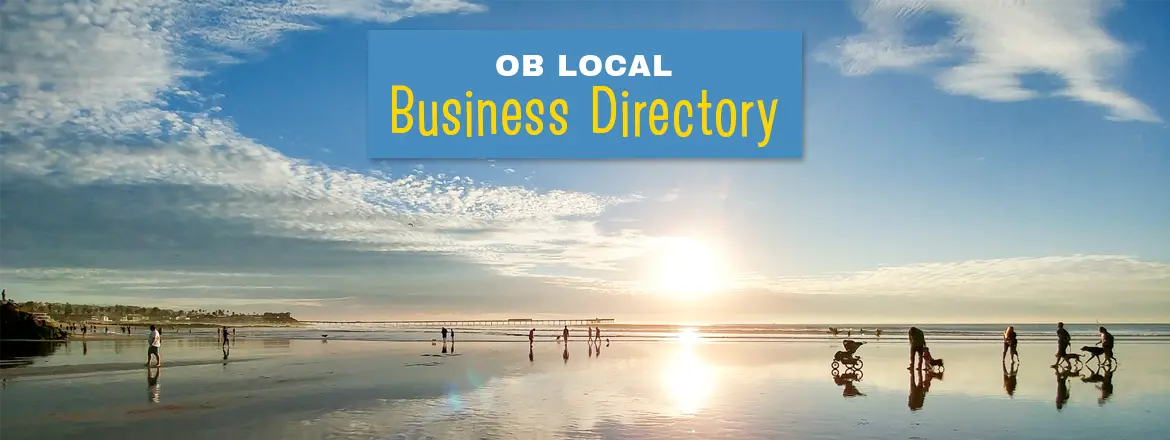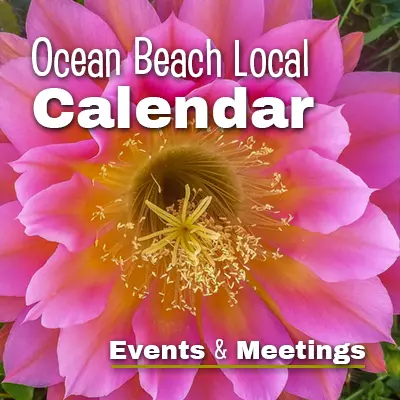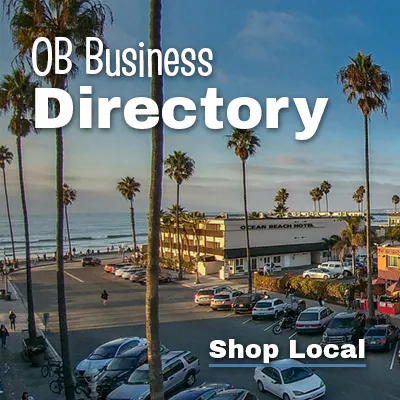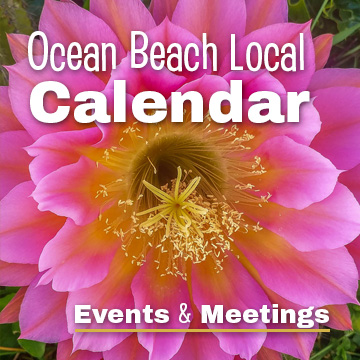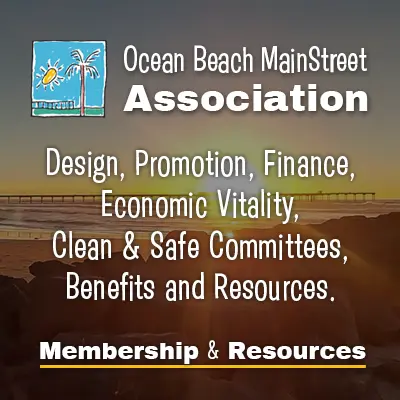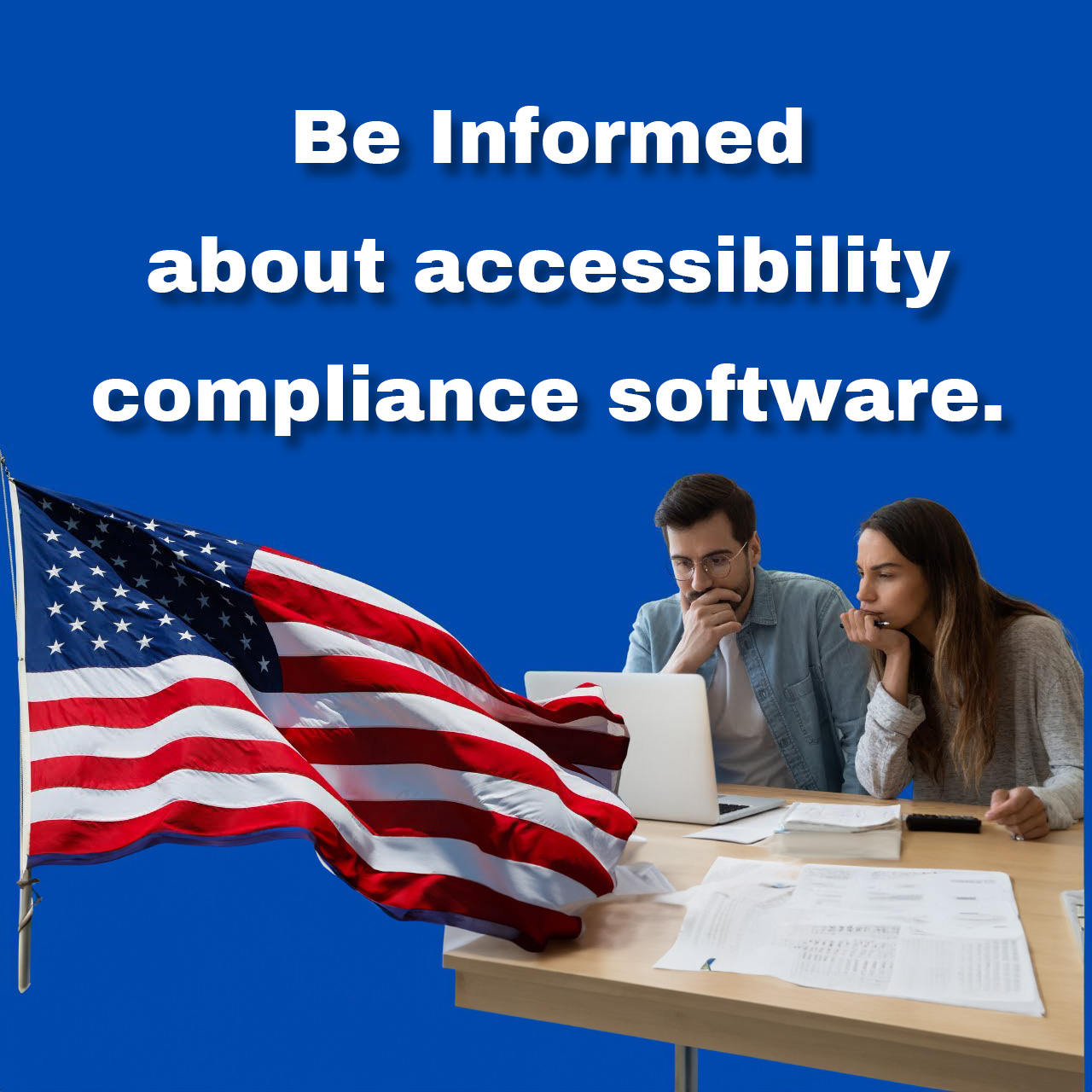
If your business is targeted in an ADA lawsuit claiming your website is out of compliance, read the following: it may save you a significant amount of money-$4,000. I know of two instances in which serial litigators targeted large businesses because they claimed a website or component of a website was not ADA-compliant.
Why is the $4,000 deductible significant? This is the deductible amount you could be liable for under most million-dollar liability policies. This figure underscores the potential financial impact of ADA lawsuits, making it a crucial consideration for your business.
I will share the two examples and some recommendations (not legal advice).
First, a person sued Evergreen Nursery, alleging that their YouTube video audio wasn't accessible to the hearing impaired. When Evergreen Nursery consulted me about this issue, I explained that it is. All YouTube videos have a feature that automatically transcribes the narration to text. Evergreen Nursery was able to give this information to their lawyers, and along with other undisclosed details, they successfully avoided a fine.
In the second instance, someone targeted a previous client after their UserWay widget subscription one day after it expired. Coincidence? Maybe we'll never know for sure. However, during my past research into the UserWay widget's free and subscription service, I discovered that their platform also offered people the ability to subscribe to notifications, for a fee, of course, to send an email when a list of websites using their paid widget had expired. Why? If you're a large enterprise, your company most likely owns multiple websites, and this service will help you keep tabs on your websites. I found that a subscriber of this service doesn't need to own the monitored domains. However, it leaves room for serial litigators to leverage the service to target websites that let their UserWay widget expire. Because someone can abuse the notification feature, it may be best to use the free version of the widget.
Now, let's consider whether you need the UserWay widget. You don't. Implementing it is more of a posturing move or a way to put a higher-ranking person or client at ease by offering them peace of mind.
As of today, both Chrome and Firefox browsers have native tools that all people with disabilities should familiarize themselves with. For example, I am red-green colorblind. I know how to navigate the world with this disability because that's what people with disabilities do; we adapt and learn different ways to navigate the world using the various tools at our disposal. I explicitly address the acts of the few and the law firms that support their claims.
My ultimate goal with this article is to prevent businesses of all sizes from falling victim to frivolous lawsuits. I also hope to raise awareness and improve access to the tools individuals with disabilities need to navigate the world with the least friction possible.
Consider this: who installed the wheelchair-accessible ramps at the corner of your neighborhood? Was it a lawsuit against your block? No, the city is responsible for maintaining the sidewalks, streets, and highways for physical transportation. Similarly, the burden of digital accessibility should be on the browser, the entity best positioned to implement a solution.
I've read the latest ruling. In short, if you own a private business, no law states that your website must be ADA-compliant within California. However, if your business or organization receives federal funds, you are legally obligated to work towards compliance by a specific date below.
ADA TITLE II
The following applies ONLY to State and Local Governments.
Examples of state and local governments include:
- State and local government offices that provide benefits and/or social services, like food assistance, health insurance, or employment services
- Public schools, community colleges, and public universities
- State and local police departments
- State and local courts
- State and local elections offices
- Public hospitals and public healthcare clinics
- Public parks and recreation programs
- Public libraries
- Public transit agencies
On April 8, 2024, the Department of Justice, Civil Rights Division, signed the final rule under Title II of the ADA, which establishes specific requirements and provides clarifications regarding ADA compliance on web-based public-facing platforms. These updates include the adoption of specific technical standards required by the ADA for making accessible the services, programs, and activities offered by State and local government entities to the public through the web and mobile applications (“apps”).
While the rule is effective on June 24, 2024, compliance dates are delayed to make it feasible for public entities to comply with the rule:
- A public entity, other than a special district government, with a total population of 50,000 or more shall begin complying with this rule April 24, 2026.
- A public entity with a total population of less than 50,000 or any public entity that is a special district government shall begin complying with this rule April 26, 2027.
"At present, these rules do not apply to private-sector businesses."
Reference:
https://www.ada.gov/assets/pdfs/web-rule.pdf
https://www.ada.gov/resources/2024-03-08-web-rule/
https://www.dor.ca.gov/Home/AmericansWithDisabilitiesAct#title2
The following is a very easy-to-understand summary of the above ruling.
And these are the references for Title 3....
https://www.dor.ca.gov/Home/AmericansWithDisabilitiesAct#title3
ADA TITLE III
Public Accommodations (Businesses & nonprofit service providers)
Title III covers businesses and nonprofit service providers that are public accommodations, privately operated entities offering certain types of courses and examinations, privately operated transportation, and commercial facilities.
USEFUL RESOURCES FOR YOUR DEFENSE
This morning, Firefox launched "Firefox Reader View for clutter-free web pages".
https://support.mozilla.org/en-US/kb/firefox-reader-view-clutter-free-web-pages
Chrome offers "Reading mode" natively and a couple of extensions.
https://support.google.com/chrome/answer/14218344?hl=en
https://chromewebstore.google.com/detail/postlight-reader/oknpjjbmpnndlpmnhmekjpocelpnlfdi
https://chromewebstore.google.com/detail/chrome-reader-mode/adiiaeaejlpneikcmkihnimenppopden?hl=en
YouTube transcribes all video audio published through their platform.
Instructions on where to find this feature start here; more advanced instructions are at the beginning of the video.
https://youtu.be/eTWzbXbvJV8?si=coYQLU_60ALepUPO&t=83
Use Immersive Reader in Microsoft Edge
Use Immersive Reader in Microsoft Edge - Microsoft Support
FREE web browser accessibility checker tools
WAVE Evaluation Tool
WAVE Web Accessibility Evaluation Tools (webaim.org)
Google Chrome Extension: Lighthouse
Lighthouse - Chrome Web Store (google.com)
For public entities that need to comply with ADA Title II, please view the following video, which I agree with. The only way to achieve accessibility is through manual intervention. Not all website platforms are created equal. Some are more difficult than others to work with and all require advanced programming knowledge.
https://youtu.be/LhiqHQ4IcBY?si=vqqg-Kl-Nb7KE9AD
The author wishes to remain anonymous.

